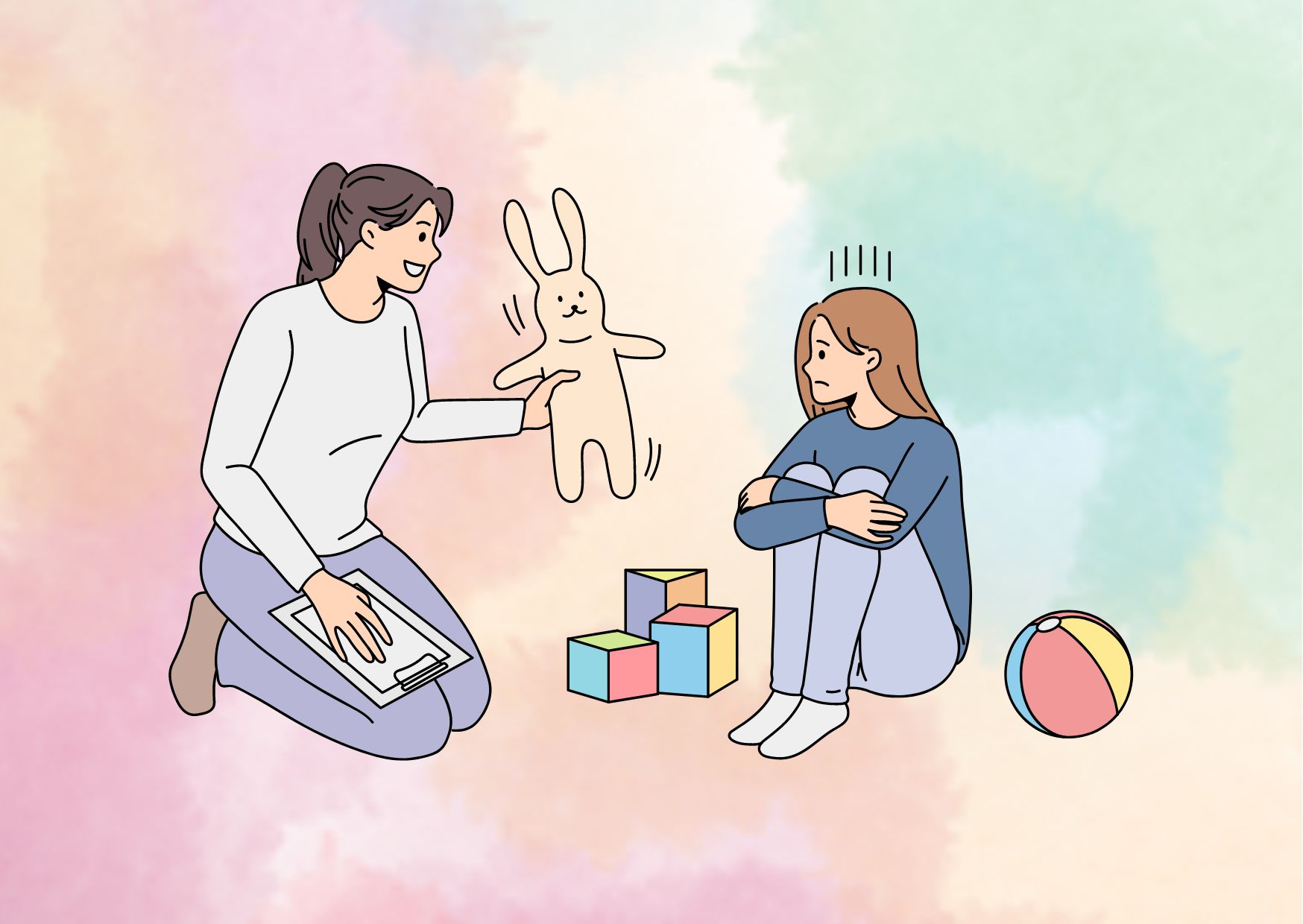Hypnotherapy Gastric
In addition to traditional talk therapy, person-centred counselling can also incorporate other therapeutic modalities, such as hypnotherapy gastric. This approach combines person-centred principles with hypnosis techniques to address weight loss and establish a healthy relationship with food.
Grief and Bereavement Therapy
Person-centred counselling can provide valuable support for individuals experiencing grief and loss. Therapists can offer a compassionate space for individuals to express their emotions, process their grief, and navigate the challenges of bereavement.
Couples and Family Therapy
Person-centred counselling is not limited to individual therapy. It can also be applied to couples and family therapy, fostering open communication, empathy, and understanding within relationships. By creating a safe and non-judgmental space, therapists can help couples and families strengthen their bonds and resolve conflicts.
CBT-Informed Therapy
While person-centred counselling is primarily non-directive, therapists may integrate elements of cognitive-behavioral therapy (CBT) into their practice. This approach, known as CBT-informed therapy, combines person-centred principles with cognitive restructuring and behavioral interventions to address specific concerns such as anxiety or depression.
Rewind Therapy for PTSD
Person-centred counselling can also be effective in treating post-traumatic stress disorder (PTSD). Therapists may incorporate techniques such as rewind therapy, which involves desensitizing traumatic memories and reducing associated distress.
Phobias and Anxiety
Person-centred counselling offers a supportive and non-judgmental environment for individuals struggling with phobias and anxiety. Therapists can help clients explore the root causes of their fears and develop coping strategies to manage anxiety-inducing situations.
Suggestion for read: Low Self Esteem in Children
The Effectiveness of Person-Centred Counselling
Research has shown that person-centred counselling can be effective in improving mental well-being and overall quality of life. Studies have demonstrated positive outcomes in various areas, including reducing symptoms of depression, anxiety, and stress, enhancing self-esteem, and improving interpersonal relationships.
The person-centred approach has been widely recognized and utilized in the field of psychotherapy and mental health. Its holistic and client-centered nature aligns with the growing emphasis on individual empowerment and autonomy in therapeutic practices.
How to Get Started with Person-Centred Counselling
If you are considering person-centred counselling, taking the first step is as simple as reaching out to a qualified therapist. At Inquire Talk, our team of experienced therapists is dedicated to providing online counselling and therapy services. The process begins with an initial assessment, where you can discuss your concerns and goals with a therapist who will guide you through the therapeutic process.
During therapy sessions, you and your therapist will work collaboratively, focusing on your unique needs, strengths, and goals. Through active listening, empathy, and unconditional positive regard, your therapist will support you in exploring your thoughts, feelings, and experiences, helping you gain insight and develop strategies for personal growth.
More Information about Nicole Keenan from Stoke
About Me
“Stars cannot shine without darkness”
I offer Person Centred counselling for adults.
Are you struggling with the pressures of life?
Life can have many anxieties and you may not know who to turn to for support. I offer a relaxed and confidential space in which we can explore what life changes you would like to make. As an experienced counsellor I can walk this path alongside you, offering support along the way, listening to you without any judgement, all of which can lead to making positive changes in your life.
I have extensive training and experience of supporting individuals with a variety of mental health and wellbeing difficulties including but not limited to, Depression, Anxiety, Low-self-esteem, OCD, Post Traumatic Stress Disorder (PTSD), Self-Harm, Suicidal thoughts, Domestic Abuse, Sexual, Emotional and Physical Abuse. I also have experience of working with individuals on the Autism Spectrum.
Qualifications
MSc Counselling Psychology Keele University
BSc Hons Psychology Degree
Online and telephone Counselling Diploma
Rewind Therapy for PTSD, Phobias and Anxiety
Couples and Family Therapy Diploma
Play Therapy training
CBT informed therapy training
Level 2 Understanding Autism
Safeguarding Training
Level 2 Understanding Children and Young People’s Mental Health and wellbeing
Sexual Violence training
Domestic Abuse training
Hypnotherapy Gastic band
Greif and bereavement counselling Diploma
My Certificates
MSc Counselling Psychology
My Experience
I have extensive training and experience of supporting individuals with a variety of mental health and wellbeing difficulties including but not limited to, Depression, Anxiety, Low-self-esteem, OCD, Post Traumatic Stress Disorder (PTSD), Self-Harm, Suicidal thoughts, Domestic Abuse, Sexual, Emotional and Physical Abuse. I also have experience of working with individuals on the Autism Spectrum.
My Approach
I offer Person-centred Counselling, which was founded by Carl Rogers. It is a non-directive talking therapy. I will provide you with a non-judgemental, empathetic environment and support you so that you feel empowered to find your own solutions and make appropriate changes in your life.
Nicole Keenan’s Profile on Inquire Talk
Conclusion
Person-centred counselling offers a client-centered and empowering approach to mental well-being. By providing a safe and non-judgmental space for exploration and growth, this therapy approach allows individuals to tap into their own inner resources and work towards self-actualization. Whether you are struggling with depression, anxiety, relationship issues, or simply seeking personal growth, person-centred counselling can provide the support and guidance you need. Take the first step towards a healthier and happier you by reaching out to a qualified therapist today.
At Inquire Talk, we recognize the importance of mental health and well-being in nurturing healthy relationships and achieving personal growth. Our dedicated team of therapists offers online counselling, therapy, and psychotherapy services to individuals seeking support and guidance. Whether you’re looking for assistance in your dating life, improving relationships, or simply need someone to talk to, our compassionate therapists are here to help. Visit our website to learn more about our services and take the first step towards a healthier and happier you.
Please note: The information provided in this article is for informational purposes only and should not be considered as a substitute for professional medical advice, diagnosis, or treatment. If you are experiencing a mental health crisis or emergency, please seek immediate assistance from a qualified healthcare professional or call your local emergency hotline.
